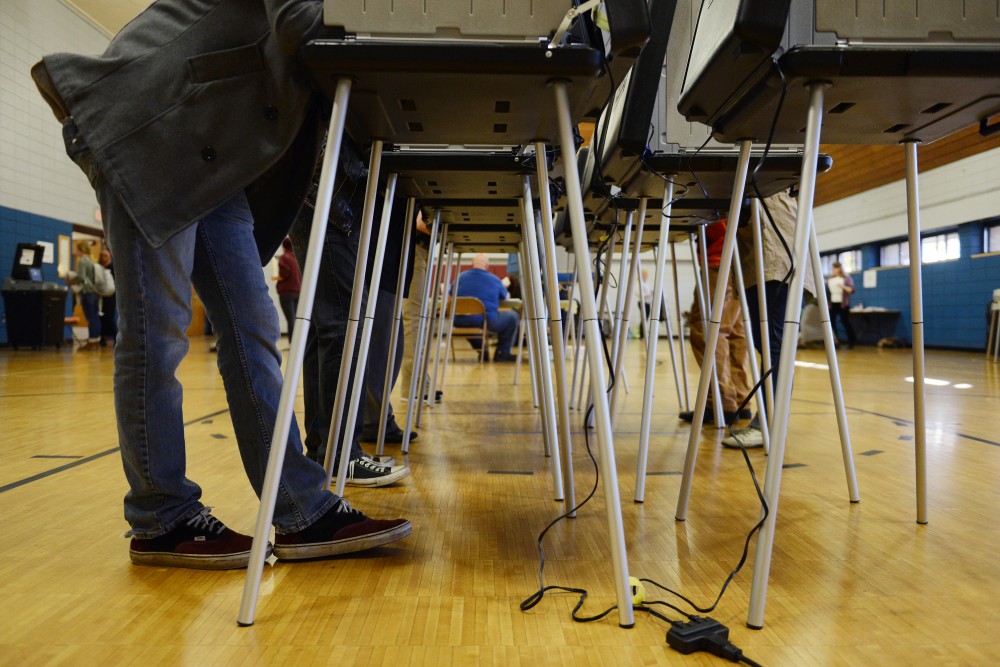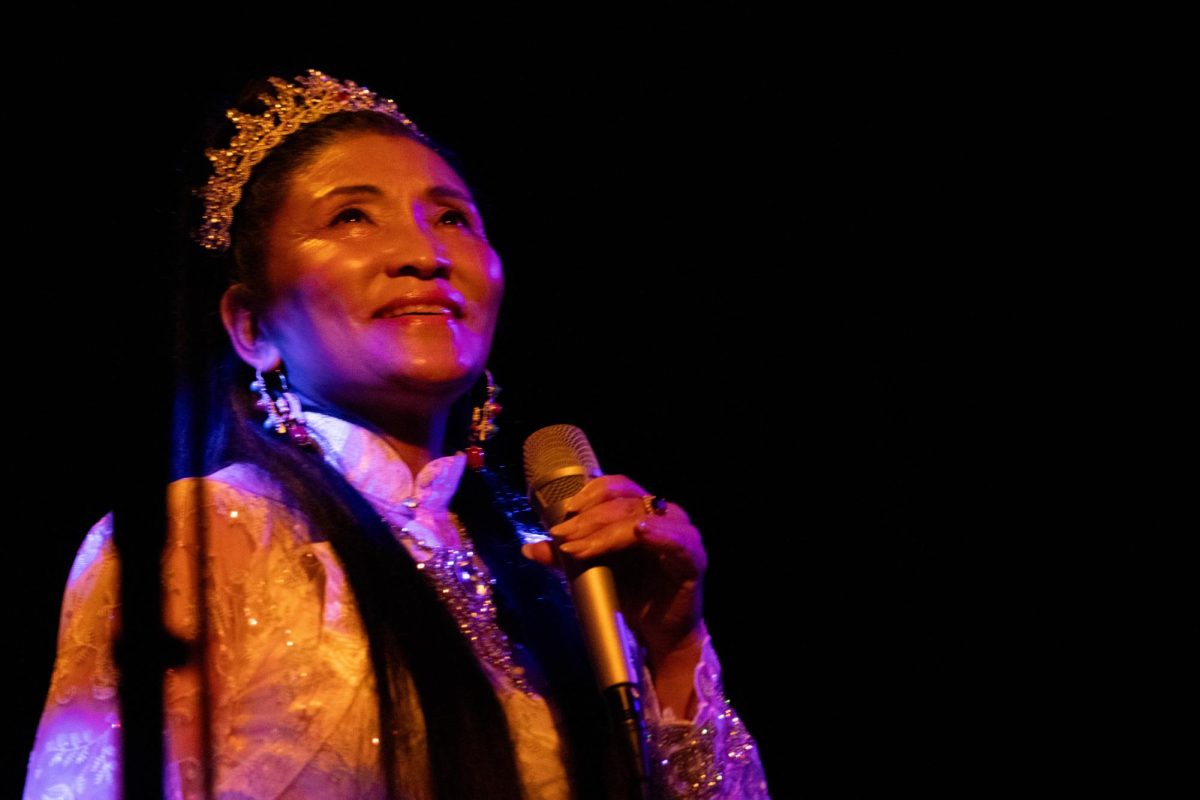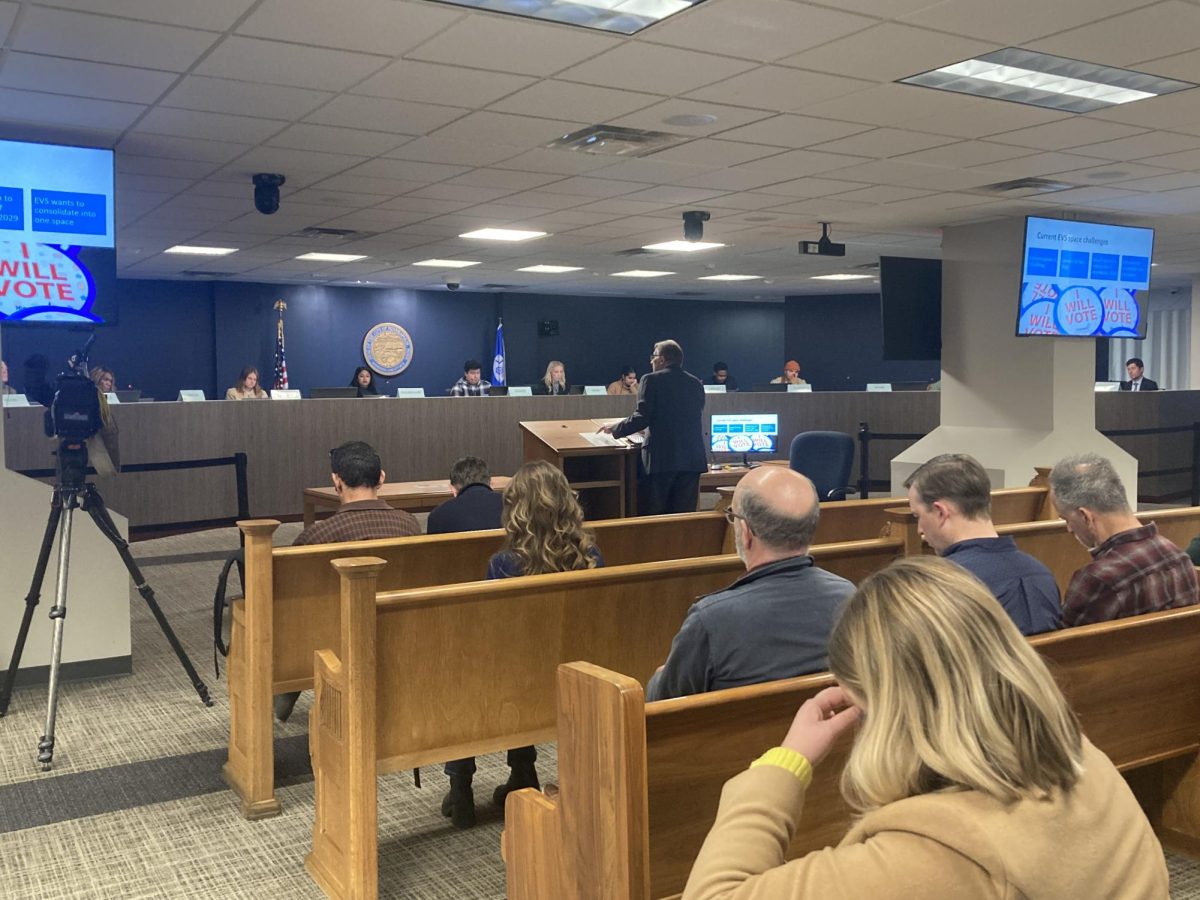Next Tuesday’s municipal elections will be the third time Minneapolis uses ranked-choice voting, but some experts say the system could have a greater impact on this year’s outcome.
Ranked-choice voting lets voters choose their top three candidates for mayor, city council, park and recreation board and the board of estimate and taxation. In a mayoral race with no clear front-runner, experts say the system could produce a winner without the most first-place votes.
“It appears it’s going to be a close election, so ranked-choice voting will have an influence,” said Larry Jacobs, director of the University of Minnesota’s Center for the Study of Politics and Governance.
Ranked-choice voting typically only impacts contentious elections, Jacobs said.
In 2009, R.T. Rybak won the mayoral race with 73.6 percent of first-choice votes in the first round. Betsy Hodges won 49 percent of final votes in 2013, after all choices were tallied.
David Schultz, a Hamline University political science professor, said the process lets voters select a candidate they otherwise wouldn’t feel confident supporting.
“[Ranked-choice voting] allows people to vote for a third-party or minor party candidate without feeling like they’re throwing away their vote,” Schultz said.
If any candidate wins more than 50 percent of the vote, the election is over. If no candidate wins the majority, the person with the fewest votes is eliminated and the second-choice votes on the ballots are tallied. The process continues until there is a winner with more than half the vote.
Schultz said ranked-choice voting could lead to the re-election of Hodges, even if she doesn’t win the first round of vote tallying.
“A lot of people might go to the polls and make their first choice, and maybe they don’t know anyone else on the ballot besides Betsy Hodges, so they mark her as their second choice,” he said.
Schultz also noted that no candidate has come out in strong opposition to Hodges, which he said could benefit the current mayor.
“There aren’t any real anti-Hodges candidates,” he said.
In one of Schultz’s calculated scenarios, candidates Jacob Frey and Hodges would each earn 26 percent of the vote. But if Hodges is the second choice of all voters, she would win. In another scenario, Frey leads the first round with 28 percent of first-choice votes, while Hodges is tied with state Rep. Raymond Dehn for a close second. In this case, Hodges could still win if chosen second-choice by all voters.
It’s in candidates’ best interests to advocate for a second-choice spot with decided voters, Schultz said.
Hodges, Frey, Dehn, Tom Hoch and Nekima Levy-Pounds are among the 16 candidates running for mayor of Minneapolis.








